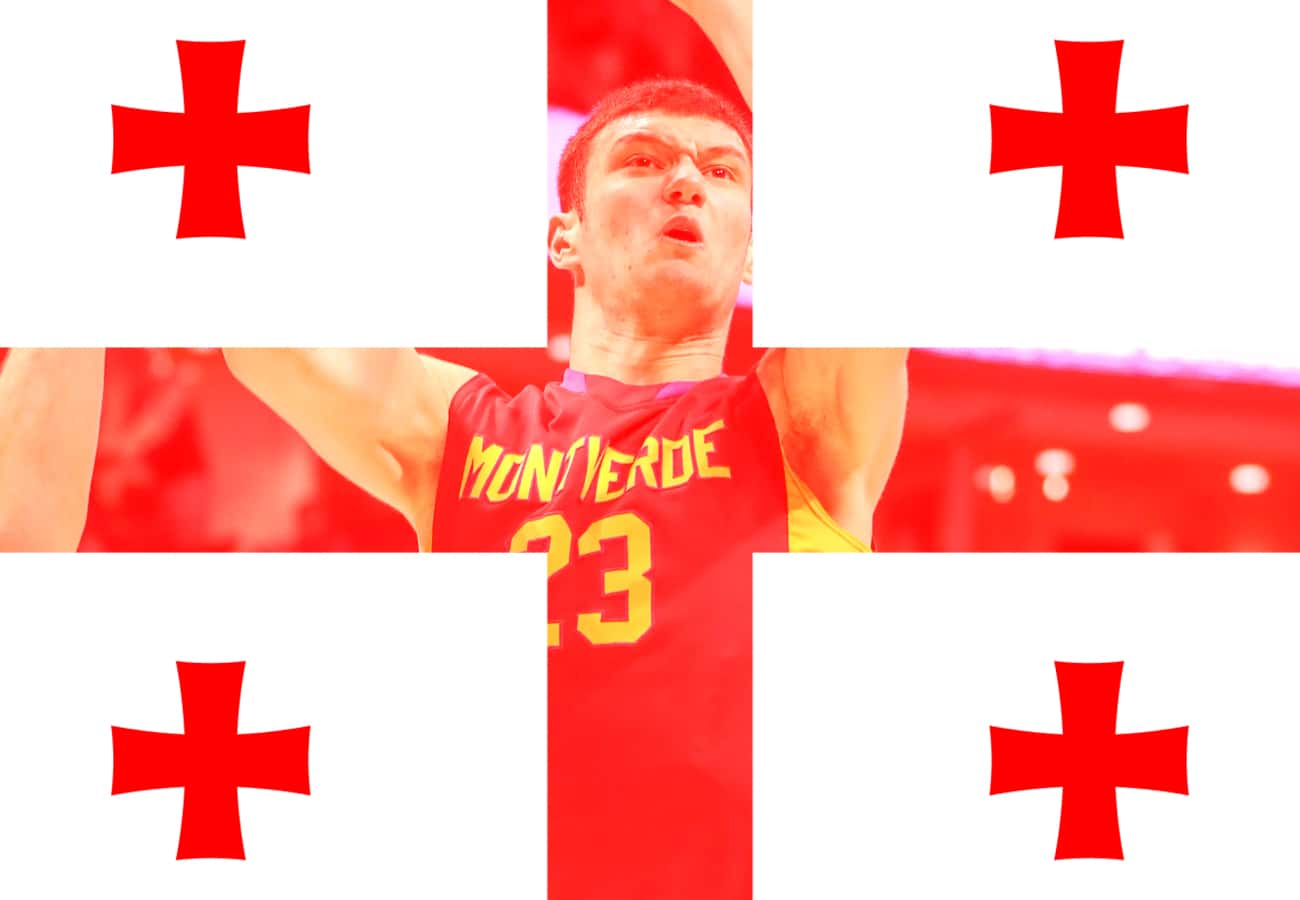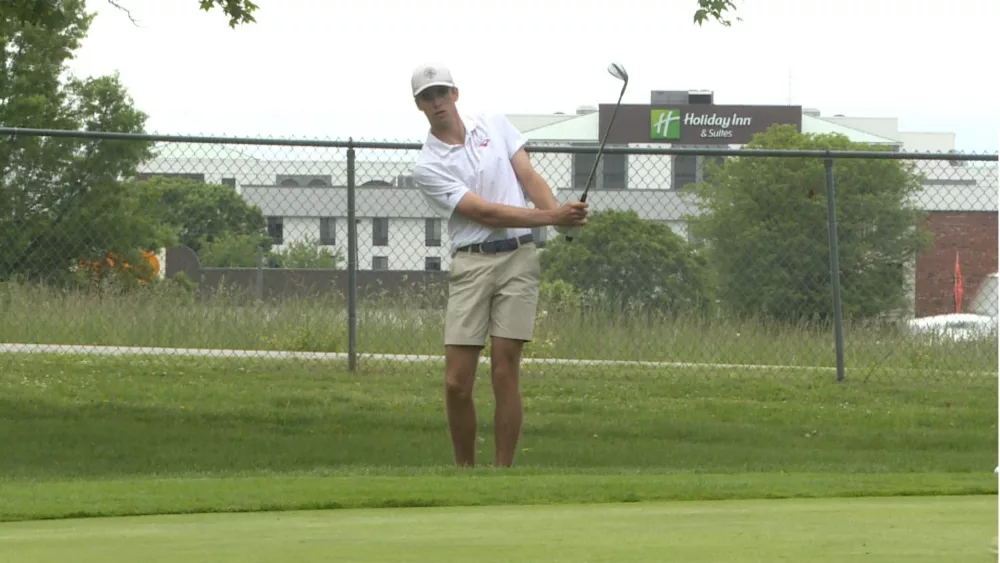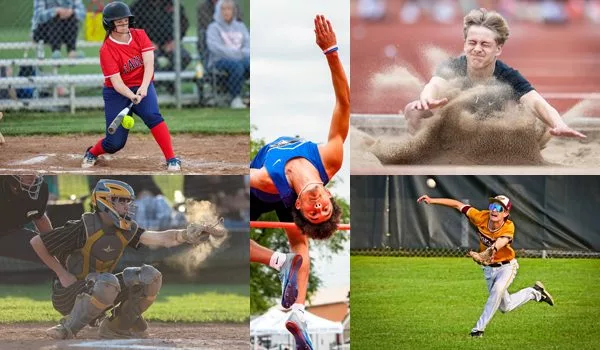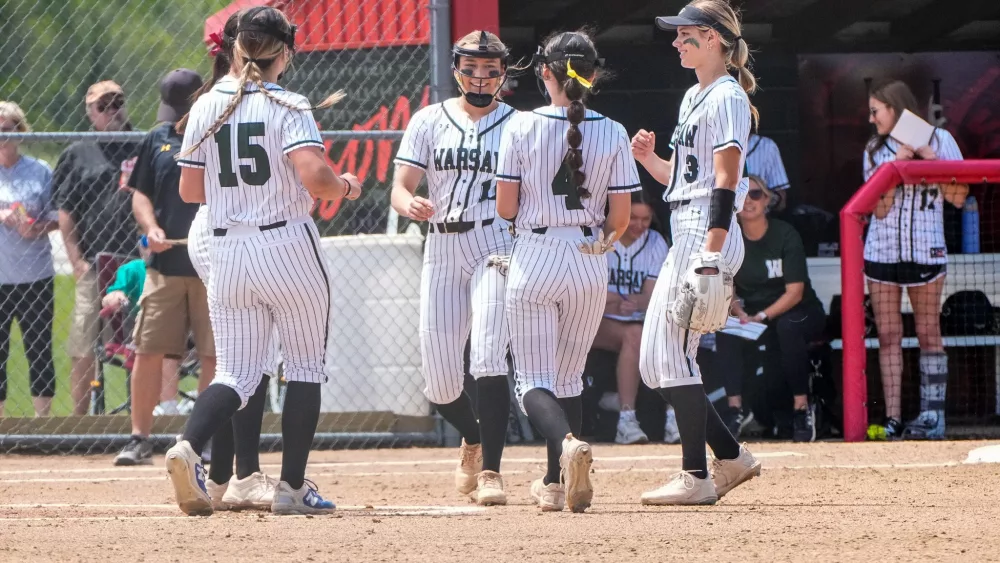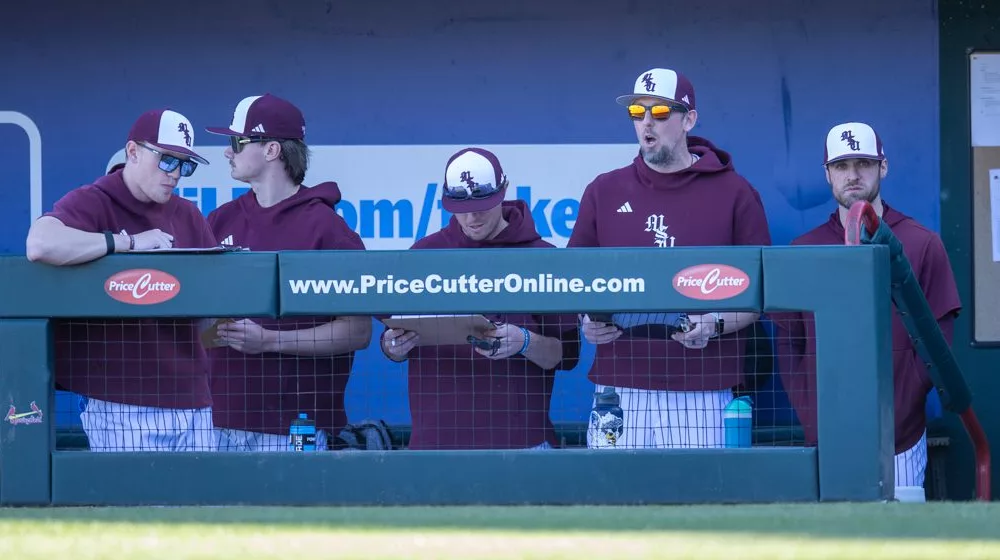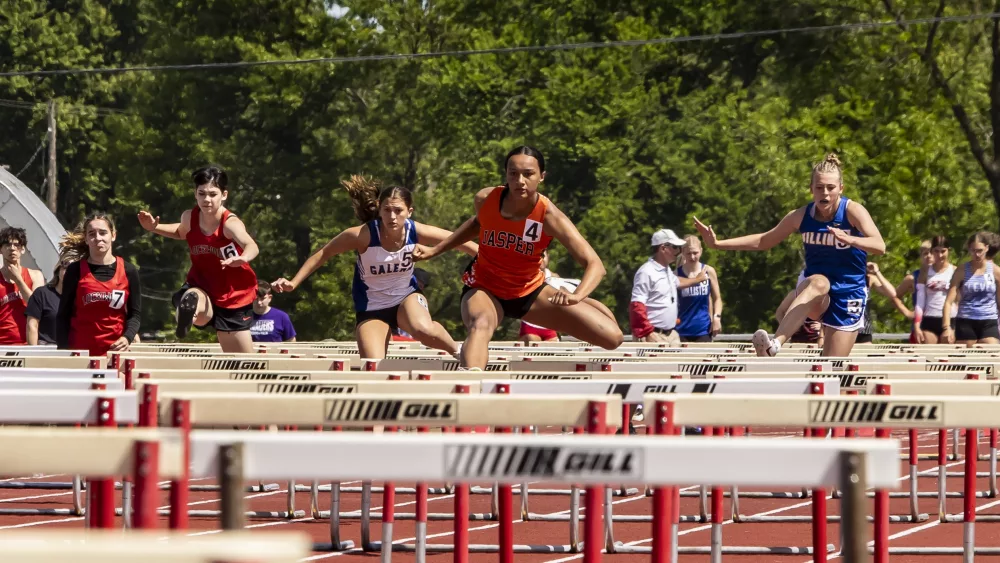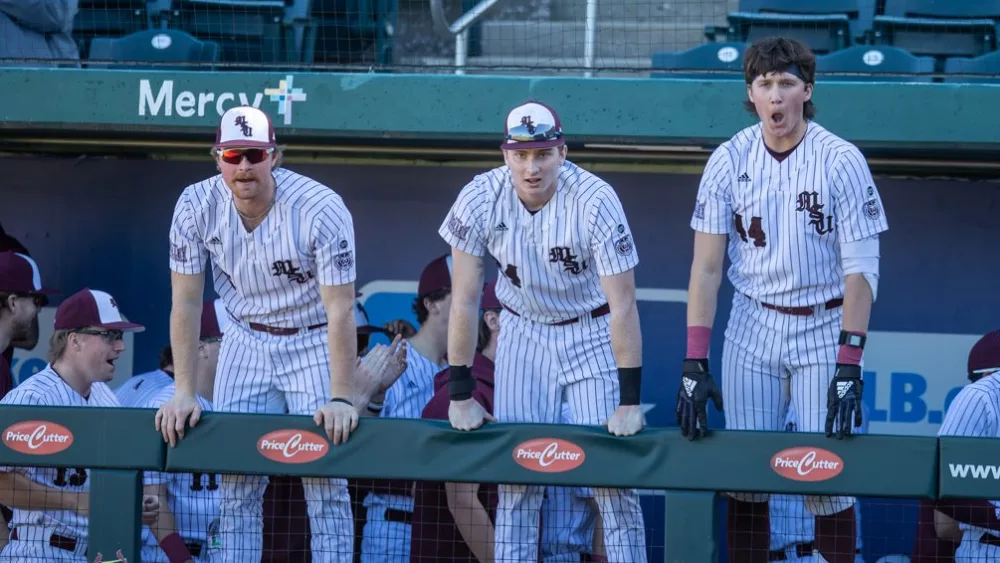By Matt Turer — @MattTurer
For most highly touted recruits like Sandro Mamukelashvili, the journey to Div. 1 basketball is straight-forward. Step 1: Know you’re good at basketball. Step 2: Get others to know you’re good at basketball. Step 3: Develop your game at a local high school or prep school that’s also good at basketball. Step 4: Hey, maybe a Div. 1 program wants you!
For those theoretical yet very real unnamed recruits, the distance traveled to reach that journey’s end is physically taxing. But does it require a journey that takes them over 6,000 miles from home? Not typically. For Montverde Academy’s Sandro Mamukelashvili, that’s exactly what it requires.
Mamukelashvili’s journey is one that starts just about as far away as someone with NBA aspirations can: Tbilisi, Georgia. A country bordered by Russia to its north, Turkey, Armenia and Azerbaijan to its south and east and the Black Sea to its west. A country where, while it may not be widely known, Golden State Warrior Zaza Pachulia hails. Yes, the same Zaza Pachulia currently second behind Kevin Durant in 2017 NBA Western Conference All-Star frontcourt votes. Sorry, Kawhi Leonard.
CLICK HERE FOR ALL OF OUR BASS PRO T OF C COVERAGE
“Georgia is a small country, so every time we see someone try to go play basketball or soccer, guys reach out and give advice. Zaza is a mentor of mine. He’s a great guy and we talk sometimes,” Mamukelashvili, listed anywhere from 6’9 to 6’11, depending on who you ask, said.
Before being picked up by the Georgian U-16 and U-18 national teams, before moving 12 hours away to play high school basketball in Italy, before deciding this fall to join three-time defending national champion Montverde Academy in Orlando, Florida, and before Div. 1 offers began pouring in from the likes of Vanderbilt, Louisville and Boston College, Sandro was born in New York City in 1999. A basketball mecca. But, with Georgian parents, that residence didn’t last.
“My brother had already been born here and my mom decided if my brother was born here it would be unfair if I was born in Georgia. If you’re an American citizen you have a lot more opportunities,” he said.
After a few months in New York, Sandro’s families hopped on a plane back to Georgia where, eventually, he discovered basketball from an unlikely source. His grandma, Ira.
Ira Gabashvili is a name known throughout Georgian basketball circles. A one-time captain of the Georgia women’s national team while the country was a part of the former Soviet Union, Mamukelashvili grew up in awe of his grandma’s past.
“Everything started from my grandma because I was always thinking how would she play, how would she teach me, how would she help me, and that helped me a lot,” he said. “She died when I was young, but she gave me a lot of influence by just looking at pictures of her playing basketball. I wanted to make her proud and make my family proud, because my father counts on me a lot. [My family] wants me to go to the next level.”
But that wasn’t always the case. The game took over Sandro like a fever and, quickly, the tug-of-war between school and sport came to a head.
“[My parents and I] always had fights,” Mamukelashvili said. “’Go study. Go study. Basketball is not that big, go study.’ And I was like, man, I want to play basketball. Just leave me alone. So I started practicing a lot.”
So for hours upon hours a week, he did. At this point, Mamukelashvili had completed Step 1: Know you’re good at basketball. Soon, Step 2 followed.
“I was 13 and got a call from the under-16 and under-18 (Georgian) national teams and, at that moment, my dad realized that if they called me at that big level already, we should do some changes. So he called me one day in his room and he told me, you should decide right now, you could stick to basketball and study hard and have some disadvantages at school, or you will have fun with basketball and study hard to go to college.
“But I wanted to do basketball, and when I was 14 we had three Italian teams looking at me and we went to visit them.”
For North American high school basketball players who are heading away from home to play ball at a prep school, flights might average a few hours to that home away from home. And those flights bring you to a state where the only difference in language will generally be as simple as “you all” and “ya’ll.”
His journey from Georgia to Italy first went through international tournaments, competing with the Georgian national team in front of scouts in Turkey and Greece before even being noticed by Italian coaches. For Mamukelashvili, Italy meant a new culture, a new country, a new style of basketball and, most challenging of all, a new language.
“Going country-to-country was hard,” he said. “I didn’t know a word in Italian. And they told me, you should go to school and study in Italian, but I didn’t know what they were talking about in class. But after a half a year I was already speaking fluent Italian and everything got in place. I started playing good. I started doing good in school. I passed my classes. At first it was hard being without my parents and needing to start washing my clothes alone so soon, but basketball and working hard and thinking about getting better helped a lot.”
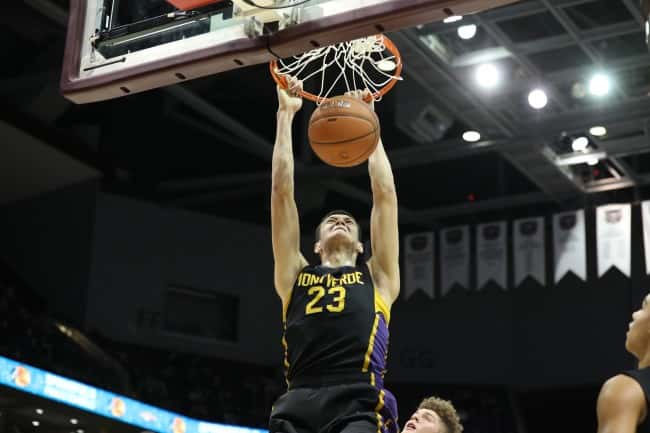
But more than needing to adjust to doing laundry, Sandro needed to adjust to the Italian brand of basketball. He joined on with Angelico Biella in northern Italy, going to four national title tournaments, finishing third twice and fourth once in two years and playing against opponents that were sometimes well past his age.
Italy is where Sandro began accomplishing Step 3: developing his game.
“I improved mentally and physically in Italy,” he said. “I got faster. I started shooting better. They made me play like a point-forward, because now I can push the ball and make passes.”
The European brand of basketball has for years now worked itself into the United States and the NBA. As traditionally talented big-men disappear state-side, NBA and college programs are looking to Europe for more developed inside-outside games seen in the likes of Dirk Nowitzki and Giannis Antetokounmpo.
After standing out at the Nike Skills Academy last summer and showing excellent passing ability and perimeter versatility for a big man, Montverde coaches started paying attention to the kid from Georgia. Head coach Kevin Boyle even went so far as pegging Mamukelashvili as a future first-round draft pick if his offensive game continues to develop. Quite the comment from a man who has coached Kyrie Irving, Ben Simmons, Joel Embiid, D’Angelo Russell and Michael Kidd-Gilchrist.
“When I saw DeAngelo Russell and Ben Simmons, I knew [Montverde] was a really good school,” Mamukelashvili said.
“I think I can play in the NBA. I don’t want to be too cocky and say I’m underrated, but I can do a lot on the court. I’m not the guy who just goes and dunks the ball and be athletic. I can get assists, I can rebound, I can set screens. I want to start working on my handles more to start being more like a point-forward. I want to show everybody here in the next year that this guy can be able to go the NBA.”
Already having developed his game more times in his life than many players do over an entire career, Mamukelashvili is continuing to do so as he gets his first taste of tournament season in the U.S.
“I think everything is different here,” he said. “It’s crazier here. Everybody runs really fast in transition. They’re more athletic here and a little bit selfish. I would say that’s the main difference. The game is faster and there are more selfish players, it’s hard to just sometimes find your space on the court.”
Despite being stateside for under a year, Sandro has already fielded offers from Boston College, Louisville, Seton Hall, SMU, USC and Vanderbilt, and that stock is going to continue to rise.
“I think I did everything I could in Italy,” Mamukelashvili said. “Basketball here is bigger. Everybody tells me high school basketball and the NCAA is a great place to go to, so I thought it would be good to come here and try myself against the better players.”

